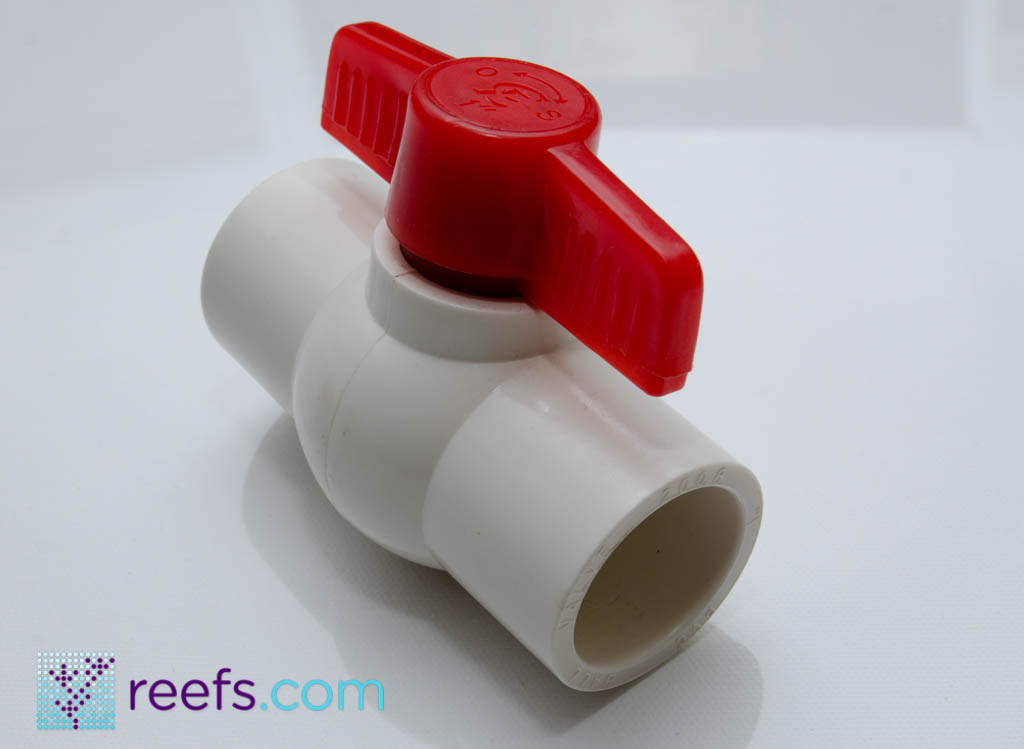If you have a reef tank, you’re almost definitely going to have plumbing. The most common reason is to connect the aquarium itself to a sump tank, that incredibly important container of extra water where many of us place our protein skimmers, calcium reactors, and additional bio-media for biological filtration.

A few years ago, we published a series of two articles outlining both basic and advanced aquarium plumbing setups, written by our very own (and very knowledgeable) Marcin Smok. You can follow the links here – I highly recommend reading them if you’re ready to plumb your own home aquarium:
Aquarium Plumbing Guide Part I: Basics of PVC & Tubing
Aquarium Plumbing Guide Part II: Basic & Advanced Plumbing Schemes
The most common material used to create the pipes and fittings for these systems is the high strength thermoplastic material known as Polyvinyl Chloride – PVC.
But what is PVC? In a comprehensive report on the omnexus by SpecialChem website, researchers explain how this synthetic plastic polymer is made, what its distinguishing properties are, and why it’s an ideal material for aquarium plumbing.
“Key Properties of PVC Polymer
– Electrical Properties: PVC is a good insulation material, thanks to its good dielectric strength
– Durability: PVC is resistant to weathering, chemical rotting, corrosion, shock and abrasion. It is therefore the preferred choice for many long-life and outdoor products
– Flame Retardancy: Because of its high chlorine content, PVC products are self- extinguishing. Its oxidation index is ≥45. Antimony trioxide has been used extensively, usually in combination with phosphate ester plasticizers, giving excellent fire performance and mechanical properties.
– Cost/Performance Ratio: PVC has good physical as well as mechanical properties and henc provides excellent cost-performance advantages. It has long life span and need low maintenance
– Mechanical Properties: PVC is abrasion-resistant, lightweight and tough
– Chemical Resistance: PVC is resistant to all inorganic chemicals. It has very good resistance against diluted acids, diluted alkalis and aliphatic hydrocarbons.”
Sounds good, doesn’t it?
Featured image credit: Marcin Smok










Wow! I didn’t know you blogged as well! Great job. 🙂